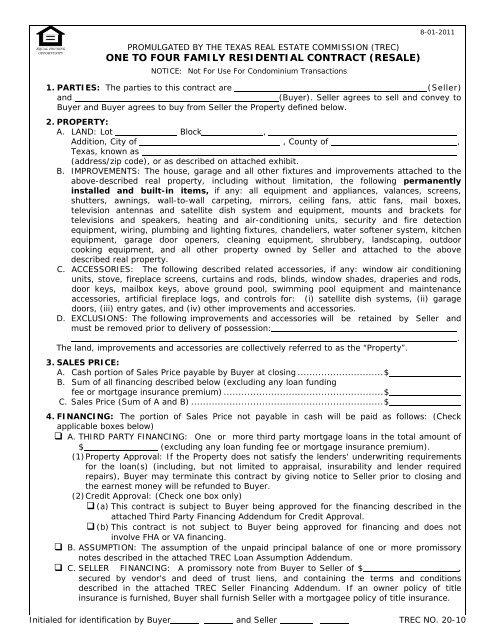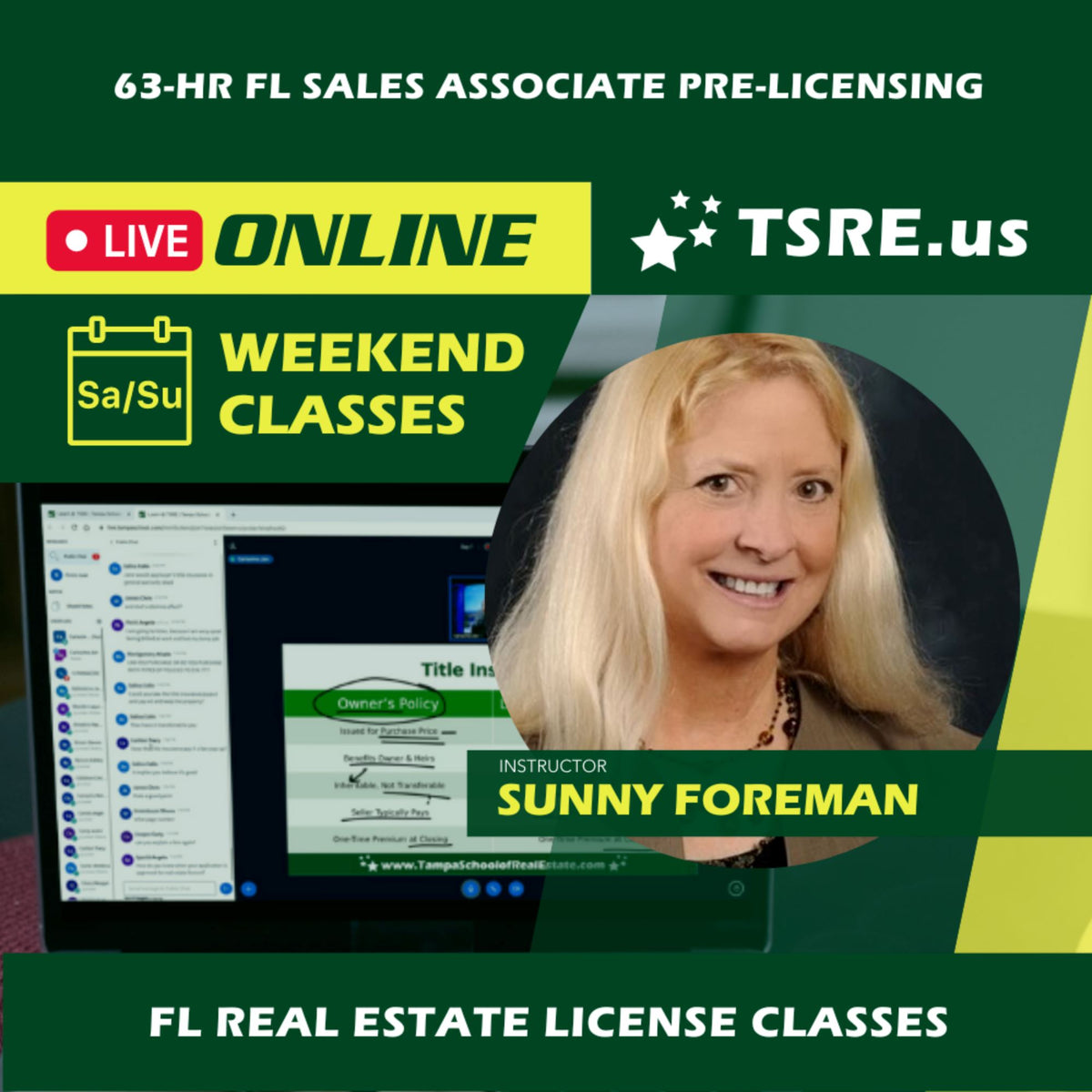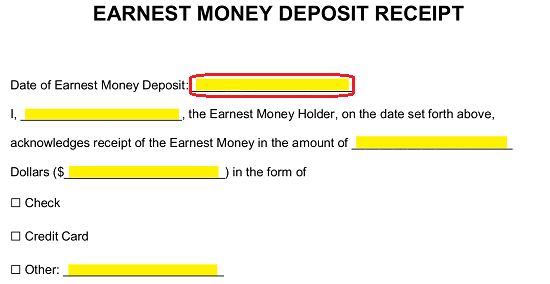
While real estate has been viewed as a sound investment in the past, it's always a good idea for investors to look into other investments. You should consider investing in mutual funds or land if you are looking for a higher return than stocks.
Stocks and Mutual Funds
Easy and quick, buying or selling shares of publicly traded companies can be done through point-and-click trading. But, it's important to remember that there is always the chance of losing your money in a down market.
External factors such as economic and political developments can influence the price of shares. Stocks are volatile and unlike real estate which has a fixed rate return, they can fluctuate. It is important to understand the basics before you make any investment decisions in stocks.
There are many ways you can invest in stocks. You'll need to decide which method is best for you, and then choose a plan that's right for you.

Also, consider the amount of risk you are willing take on and the returns you want. Stocks can be a great way of diversifying your portfolio if risk-tolerant investors are interested.
Bonds can also be an option. They are low-risk and offer a lower risk investment than other types of investments. They can experience large losses when inflation increases, but they typically outperform real property in terms of cashflow.
Investing in a Real Estate Property
If you are looking to invest in real estate, another option is buying a rental property. This type is a great way for wealth building, but it can also require large upfront investments. It can also be expensive to maintain and repair.
You can also invest in real estate trusts. These funds allow you to pool your money and invest in properties that are managed by a professional company. Pay attention to how the company finances are doing. For example, how long do you have to invest before you can get out of your investments or how much you receive in dividends.
It may be a better idea to start small and build your portfolio as you get more familiar with investing. This will help you avoid financial ruin by not overleveraging.

It's also a better idea to buy properties in areas that are expected to grow in value. In addition to the usual appreciation that occurs over time, real estate in an area with high job growth and a strong economy is likely to experience faster price increases.
Real estate can be subject to a high level of vacancy, so it's possible that you will end up paying rent each month for an empty house. It's also important to remember that it takes a long time to build up a substantial portfolio of real estate, so you need to be prepared to make a significant outlay of capital in order to invest successfully.
FAQ
Should I rent or buy a condominium?
Renting might be an option if your condo is only for a brief period. Renting lets you save on maintenance fees as well as other monthly fees. On the other hand, buying a condo gives you ownership rights to the unit. The space is yours to use as you please.
Can I buy a house in my own money?
Yes! There are programs available that allow people who don't have large amounts of cash to purchase a home. These programs include government-backed mortgages (FHA), VA loans and USDA loans. Visit our website for more information.
What should I look out for in a mortgage broker
People who aren't eligible for traditional mortgages can be helped by a mortgage broker. They work with a variety of lenders to find the best deal. There are some brokers that charge a fee to provide this service. Others provide free services.
How do I calculate my rate of interest?
Market conditions affect the rate of interest. In the last week, the average interest rate was 4.39%. The interest rate is calculated by multiplying the amount of time you are financing with the interest rate. Example: You finance $200,000 in 20 years, at 5% per month, and your interest rate is 0.05 x 20.1%. This equals ten bases points.
How many times can I refinance my mortgage?
It all depends on whether your mortgage broker or another lender is involved in the refinance. You can refinance in either of these cases once every five-year.
What are the downsides to a fixed-rate loan?
Fixed-rate mortgages tend to have higher initial costs than adjustable rate mortgages. You may also lose a lot if your house is sold before the term ends.
Is it better to buy or rent?
Renting is generally cheaper than buying a home. However, renting is usually cheaper than purchasing a home. You also have the advantage of owning a home. For example, you have more control over how your life is run.
Statistics
- The FHA sets its desirable debt-to-income ratio at 43%. (fortunebuilders.com)
- When it came to buying a home in 2015, experts predicted that mortgage rates would surpass five percent, yet interest rates remained below four percent. (fortunebuilders.com)
- Some experts hypothesize that rates will hit five percent by the second half of 2018, but there has been no official confirmation one way or the other. (fortunebuilders.com)
- Over the past year, mortgage rates have hovered between 3.9 and 4.5 percent—a less significant increase. (fortunebuilders.com)
- Based on your credit scores and other financial details, your lender offers you a 3.5% interest rate on loan. (investopedia.com)
External Links
How To
How to manage a rental property
It can be a great way for you to make extra income, but there are many things to consider before you rent your house. These tips will help you manage your rental property and show you the things to consider before renting your home.
Here are the basics to help you start thinking about renting out a home.
-
What do I need to consider first? Before you decide if your house should be rented out, you need to examine your finances. If you have any debts such as credit card or mortgage bills, you might not be able pay for someone to live in the home while you are away. You should also check your budget - if you don't have enough money to cover your monthly expenses (rent, utilities, insurance, etc. This might be a waste of money.
-
How much does it cost for me to rent my house? There are many factors that influence the price you might charge for renting out your home. These include factors such as location, size, condition, and season. Remember that prices can vary depending on where your live so you shouldn't expect to receive the same rate anywhere. Rightmove shows that the median market price for renting one-bedroom flats in London is approximately PS1,400 per months. This means that if you rent out your entire home, you'd earn around PS2,800 a year. It's not bad but if your property is only let out part-time, it could be significantly lower.
-
Is it worth it. There are always risks when you do something new. However, it can bring in additional income. Before you sign anything, though, make sure you understand exactly what you're getting yourself into. It's not enough to be able to spend more time with your loved ones. You'll need to manage maintenance costs, repair and clean up the house. Before you sign up, make sure to thoroughly consider all of these points.
-
Are there benefits? Now that you have an idea of the cost to rent your home, and are confident it is worth it, it is time to consider the benefits. You have many options to rent your house: you can pay off debt, invest in vacations, save for rainy days, or simply relax from the hustle and bustle of your daily life. You will likely find it more enjoyable than working every day. If you plan well, renting could become a full-time occupation.
-
How do I find tenants After you have made the decision to rent your property out, you need to market it properly. Online listing sites such as Rightmove, Zoopla, and Zoopla are good options. Once potential tenants contact you, you'll need to arrange an interview. This will help you evaluate their suitability as well as ensure that they are financially secure enough to live in your home.
-
How do I ensure I am covered? If you're worried about leaving your home empty, you'll need to ensure you're fully protected against damage, theft, or fire. In order to protect your home, you will need to either insure it through your landlord or directly with an insured. Your landlord will typically require you to add them in as additional insured. This covers damages to your property that occur while you aren't there. If your landlord is not registered with UK insurers, or you are living abroad, this policy doesn't apply. In this case, you'll need to register with an international insurer.
-
If you work outside of your home, it might seem like you don't have enough money to spend hours looking for tenants. Your property should be advertised with professionalism. It is important to create a professional website and place ads online. It is also necessary to create a complete application form and give references. While some prefer to do all the work themselves, others hire professionals who can handle most of it. Interviews will require you to be prepared for any questions.
-
What do I do when I find my tenant. If there is a lease, you will need to inform the tenant about any changes such as moving dates. Otherwise, you can negotiate the length of stay, deposit, and other details. You should remember that although you may be paid after the tenancy ends, you still need money for utilities.
-
How do I collect the rent? When it comes time for you to collect your rent, check to see if the tenant has paid. If not, you'll need to remind them of their obligations. Any outstanding rents can be deducted from future rents, before you send them a final bill. If you're having difficulty getting hold of your tenant you can always call police. They won't normally evict someone unless there's been a breach of contract, but they can issue a warrant if necessary.
-
What are the best ways to avoid problems? While renting out your home can be lucrative, it's important to keep yourself safe. Install smoke alarms, carbon monoxide detectors, and security cameras. Make sure your neighbors have given you permission to leave your property unlocked overnight and that you have enough insurance. You should never allow strangers into your home, no matter how they claim to be moving in.